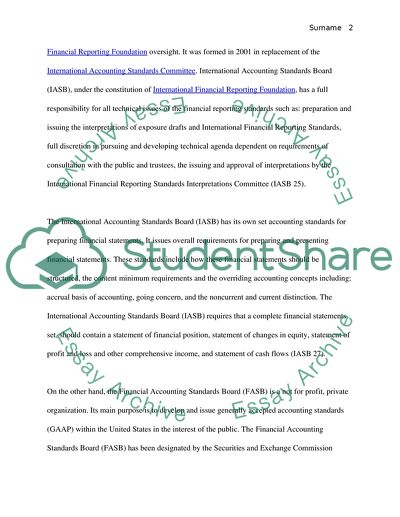Cite this document
(“Comparison of Accounting Standards of FASB and IASB Research Paper”, n.d.)
Retrieved from https://studentshare.org/finance-accounting/1615924-comparison-of-accounting-standards-of-fasb-and-iasb
Retrieved from https://studentshare.org/finance-accounting/1615924-comparison-of-accounting-standards-of-fasb-and-iasb
(Comparison of Accounting Standards of FASB and IASB Research Paper)
https://studentshare.org/finance-accounting/1615924-comparison-of-accounting-standards-of-fasb-and-iasb.
https://studentshare.org/finance-accounting/1615924-comparison-of-accounting-standards-of-fasb-and-iasb.
“Comparison of Accounting Standards of FASB and IASB Research Paper”, n.d. https://studentshare.org/finance-accounting/1615924-comparison-of-accounting-standards-of-fasb-and-iasb.


